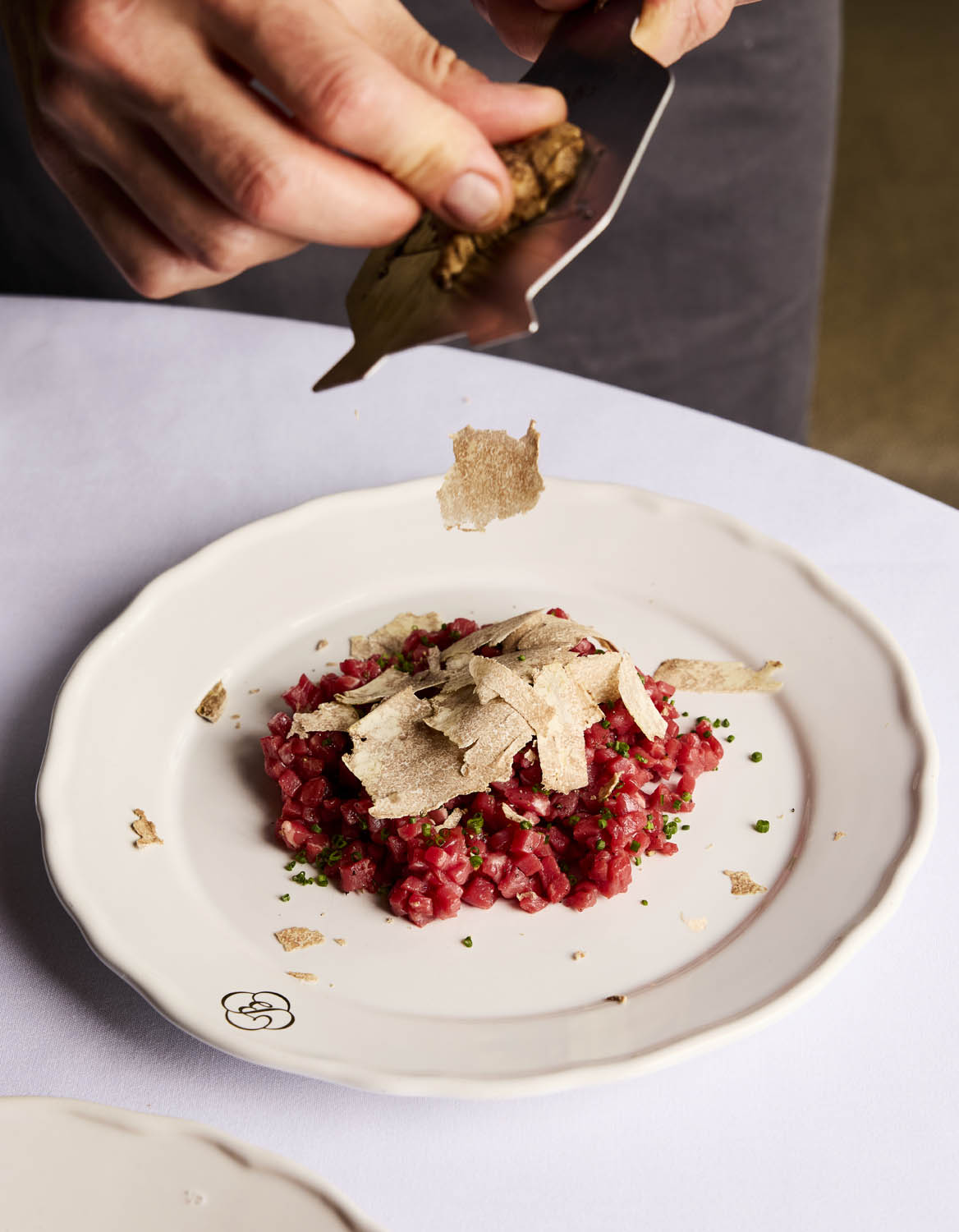The Master Winemaker 100: James Palgé, oenologist, Château Ksara
Earlier this year, The drinks business published a guide celebrating the talent of the winemakers who have scooped the highest accolade of our Global Masters tasting series, which is judged almost exclusively by MWs. Each week we profile the winemakers behind these medal winning wines, as well as the people we feel are ones to watch. Following the recent disaster hitting Lebanon, we profile one of its winemaking stars, Château Ksara’s oenologist, James Palgé.
James Palgé, oenologist, general technical director of vines and wines, Château Ksara
James Palgé started his wine career in Champagne before taking his Diplôme national d’œnologue at Dijon University. He was cellar master at Château Prieuré Lichine in Margaux for seven years, which included brief spells abroad, looking after an experimental vineyard in Spain and field prospecting in Australia. He joined Château Ksara, Lebanon’s oldest wine-growing estate, as oenologist in 1994, and, as an expert, worked with the Lebanese Ministry of Agriculture to develop the country’s viticulture laws and implemented the ISO.9002 system for the whole wine sector.
What or who inspired you to become a winemaker?.
I come from a family that has been growing vines and producing wine for generations. My father, my brother, my brother-in-law and my wife are also in the viticultural or oenological sector
What’s your favourite part of the job?
Wine-blending and wine-tasting are wonderful steps in the winemaking process. The idea is to create each year, from different grape varieties, the right blend to obtain the desired result. These fundamental steps are also the secret of taste and quality in wines.
What’s the hardest part?
The vinification of grapes from different terroirs. Each tank is unique and is treated like a newborn, helping it to grow and mature under proper conditions.
What’s your go-to drink at the end of a long day?
An old-vintage whisky. Most of the time, I choose a whisky that reflects my mood of the day.
What advice would you give your younger self?
The advice is the same that I applied myself as a beginner and that I communicate to my son, who is studying oenology. To acquire the fundamentals of the job not only from a theoretical point of view but from a practical perspective, on the ground.
What was your greatest winemaking mistake?
Being obliged to follow the recommendations of a consulting oenologist against my will when I started my career in France. This situation made me produce a wine that neither matched nor reflected my personality.
Which wine-related achievement are you most proud of?
Partner Content
To have contributed to the development of Lebanese viticulture and winemaking, especially through my participation and input in the wine and vine regulations of the country, as a foreign expert in wine and in collaboration with the Lebanese Ministry of Agriculture. Those regulations did not exist in the 1990s, and have encouraged the expansion of the field since then. There were only five wineries when I came to Lebanon in 1994; today there are more than 40.
Who is your inspiration in the wine world today?
Without hesitation, Alexis Lichine, the wine writer and entrepreneur, was a great source of inspiration for me. He and his son, Sasha, owned Chateau Prieuré-Lichine in Margaux where I worked for seven years before moving to Château Ksara. I learned to be open minded, wine- speaking. He used to make me taste great wines from all around the world, to discover new products, and to explore different wineries in France, Spain, Australia and other countries.
Where would your fantasy vineyard be?
My fantasy vineyard is no longer a fantasy but a reality – I found it in Lebanon, where my dreams came true.
If you weren’t a winemaker, what would you be doing and why?
I would have chosen to be a chef. It is very important to be inspired by the product you work with, to give love in one’s profession and to satisfy the consumers, as with winemaking.
Which wine (grape/style) do you find it impossible to get along with?
It is impossible for me to get along with the Beaujolais Nouveau type of wine, which are pleasurable to drink but won’t leave unforgettable memories in the long term.
Which type of wine do you drink most regularly?
Réserve du Couvent from Château Ksara, a perfect example of good value for money on the Lebanese market and the best representation of Lebanese wines, with lot of spices and fruits.
One to watch
So why is Chateau Ksara, and its onelogist James Palgé, one to watch? Well, Lebanon’s oldest winery has notched up a strong set of gold and silver medals in recent Masters for its excellent value Cabernet Sauvignons, Chardonnay’s and roses. We reckon the team, and Palgé in particular, should be recognised for the contribution it is making to Lebanon’s wine industry.
To buy a copy of The Master Winemaker 100, please click here.




